As an American traveling to Paris, dealing with the currency exchange and financial considerations can seem complex. To help you avoid unnecessary fees and ensure a smooth trip, here are some practical tips on managing your money while visiting the City of Lights.
1. Understanding the Exchange Rate

Before you depart, familiarize yourself with the current exchange rate between the US dollar and the euro. This knowledge will assist you in budgeting and prevent any unpleasant surprises when checking your bank statement upon return.
2. Exchanging Currency Before You Leave
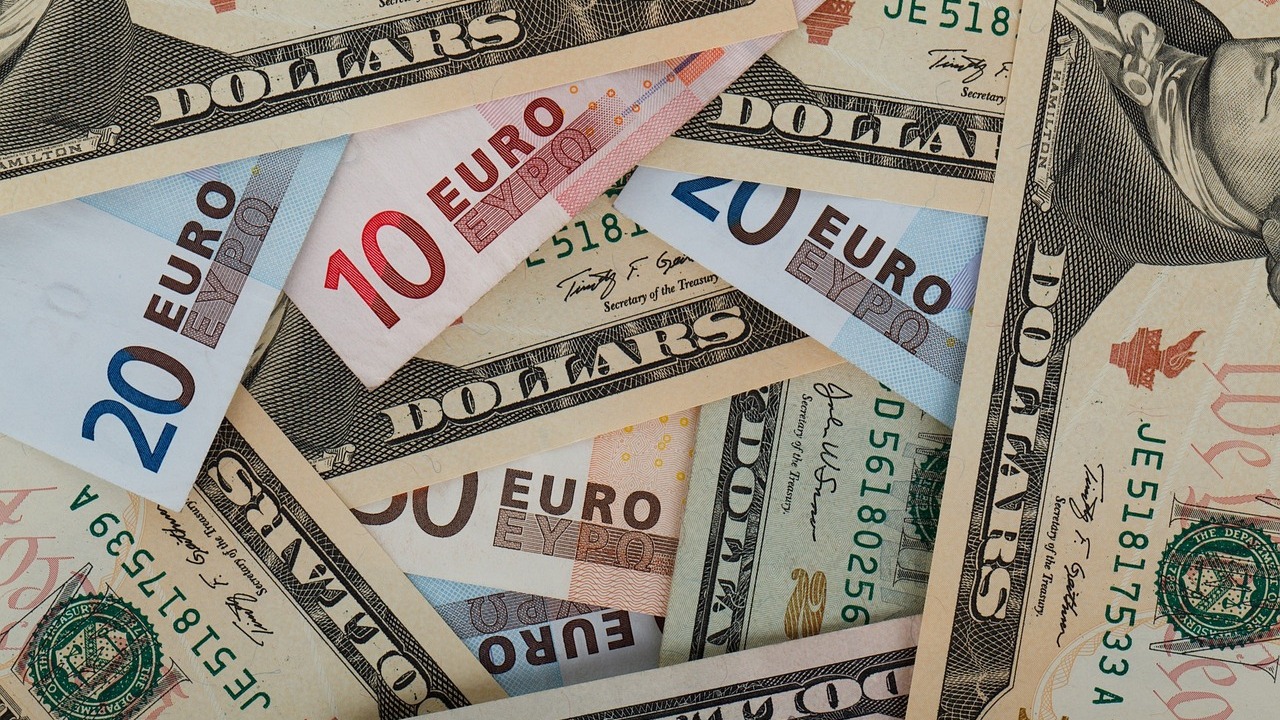
Although it might seem convenient to exchange money before you depart, banks and currency exchange services in the US often have less favorable exchange rates compared to those in France. However, having a small amount of euros on hand when you arrive can be helpful for immediate expenses like a taxi or a meal.
3. Using ATMs in Paris
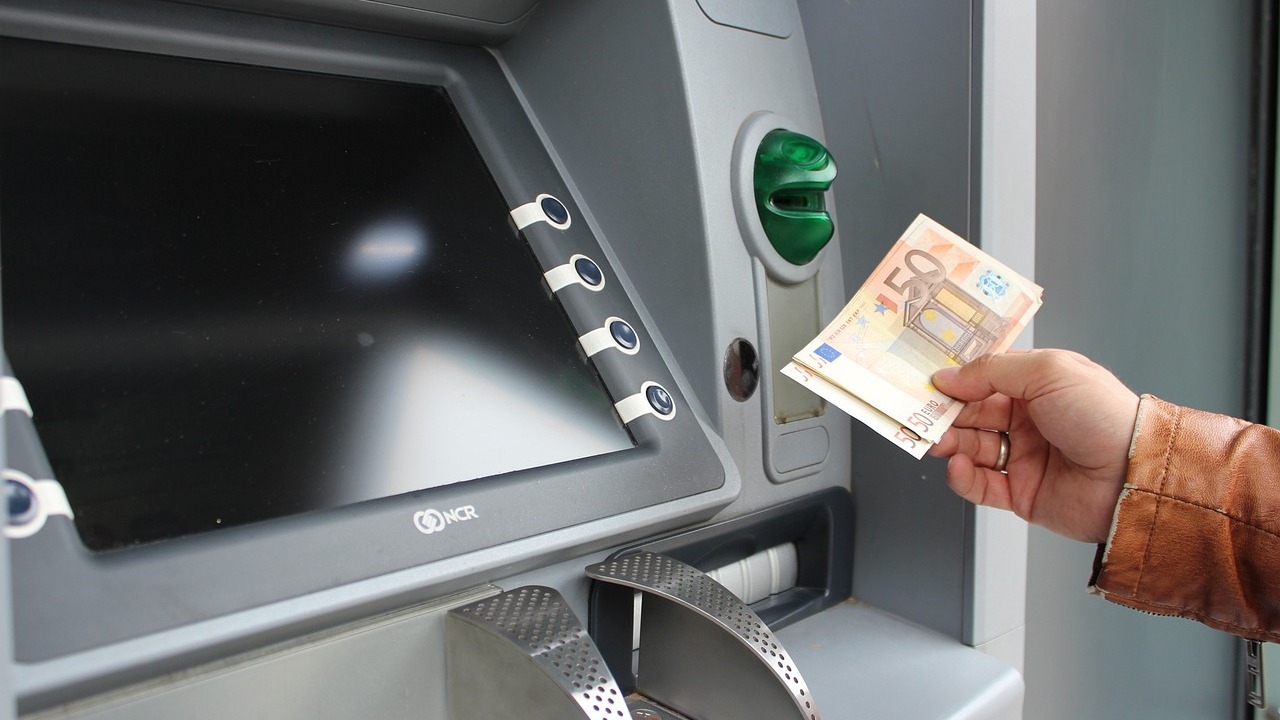
Once in Paris, the easiest and most cost-effective way to get euros is by using local ATMs (known as distributeurs in French). These machines offer better exchange rates than currency exchange bureaus. Remember, though, your bank may charge a foreign transaction fee, and there may also be fees associated with the ATM itself.
4. Inform Your Bank of Your Travel Plans
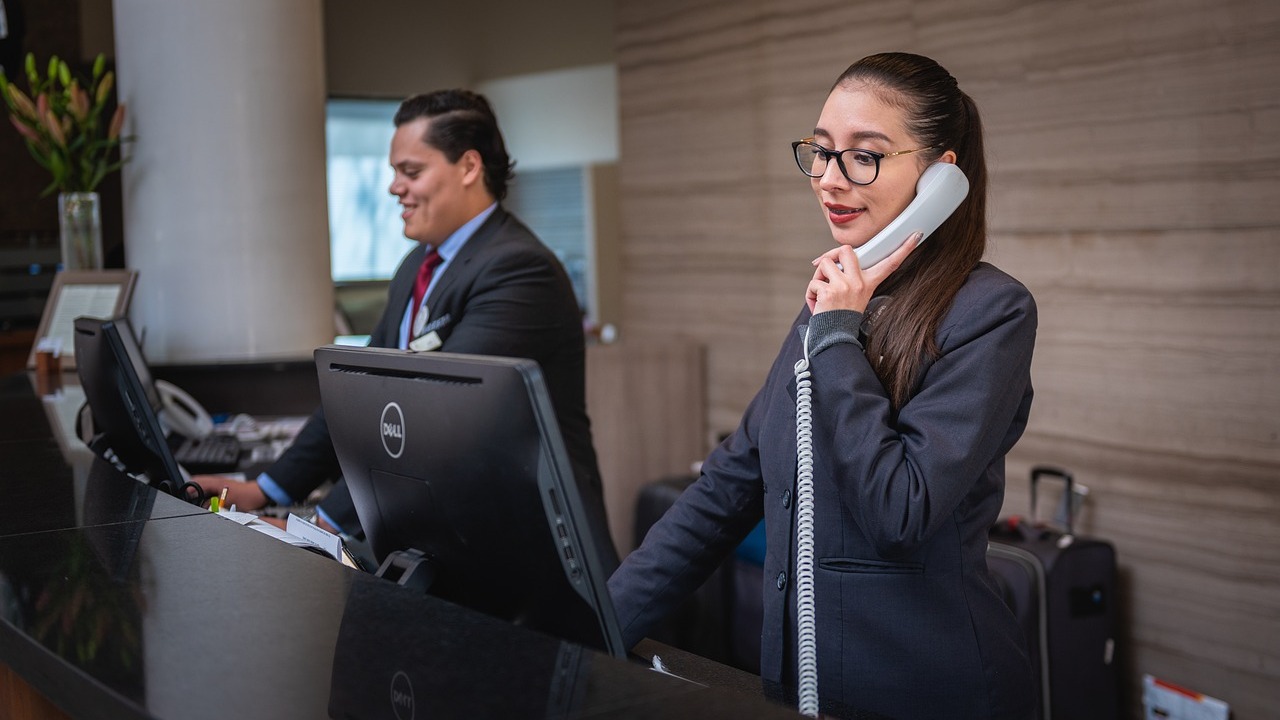
To prevent your bank from flagging your foreign transactions as suspicious and potentially freezing your account, let them know your travel dates and destination before you leave.
5. Consider a Credit Card with No Foreign Transaction Fees
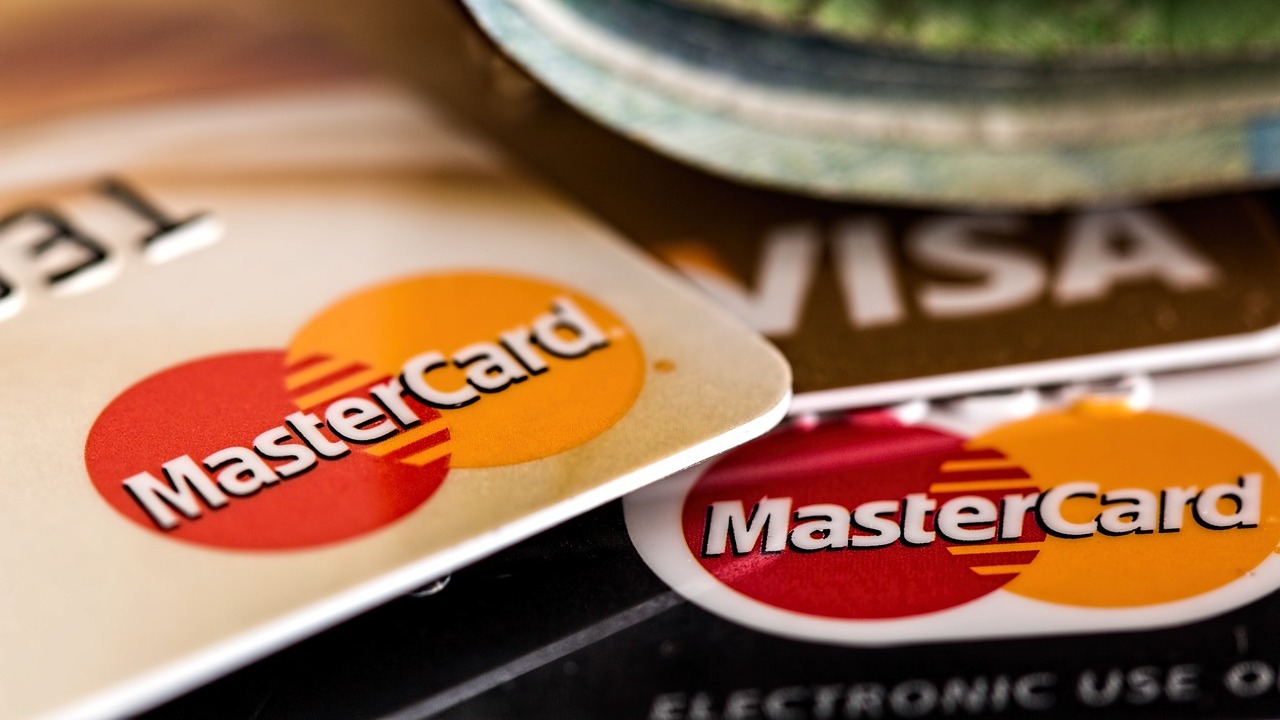
Many credit cards charge a fee for foreign transactions, usually a percentage of the purchase amount. If you plan to use a credit card in Paris, consider getting one that doesn’t charge these fees. Also, ensure the card is enabled for international use.
6. Cash or Card?
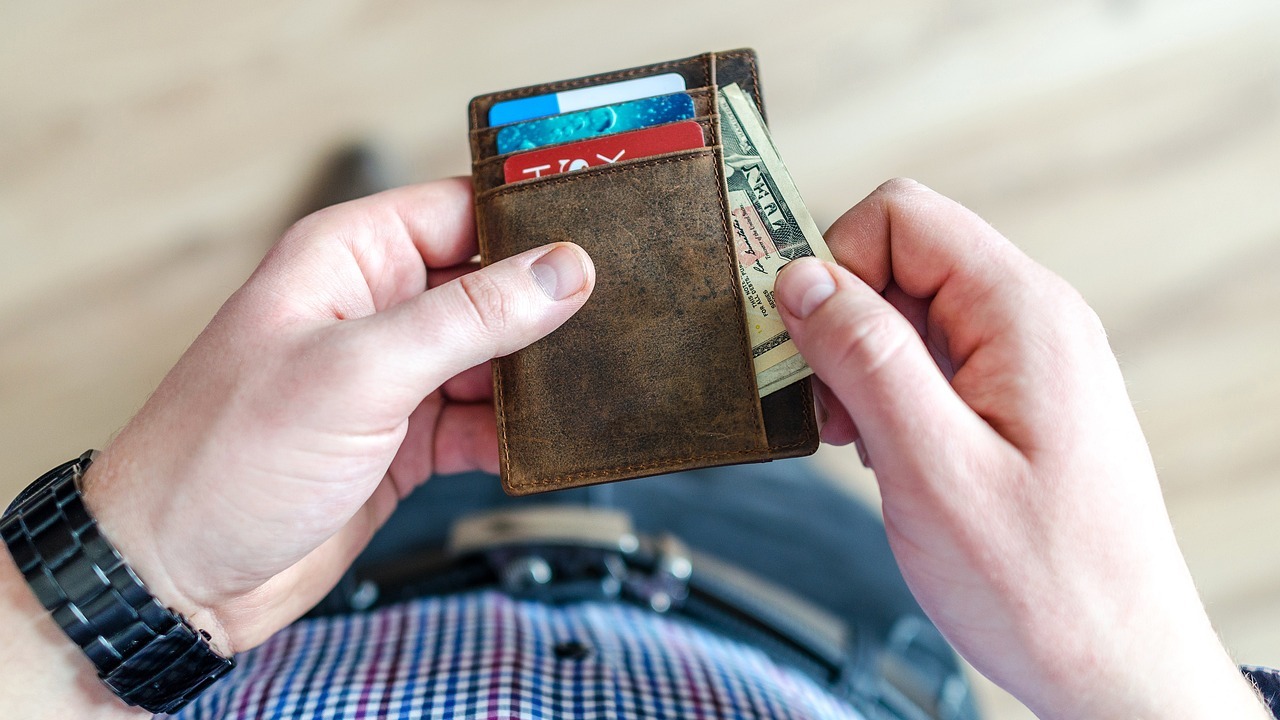
While credit cards are widely accepted in Paris, especially Visa and Mastercard, it’s advisable to carry some cash. Smaller businesses, like bakeries or cafes, may have a minimum amount for card transactions, or only accept cash.
7. Tipping
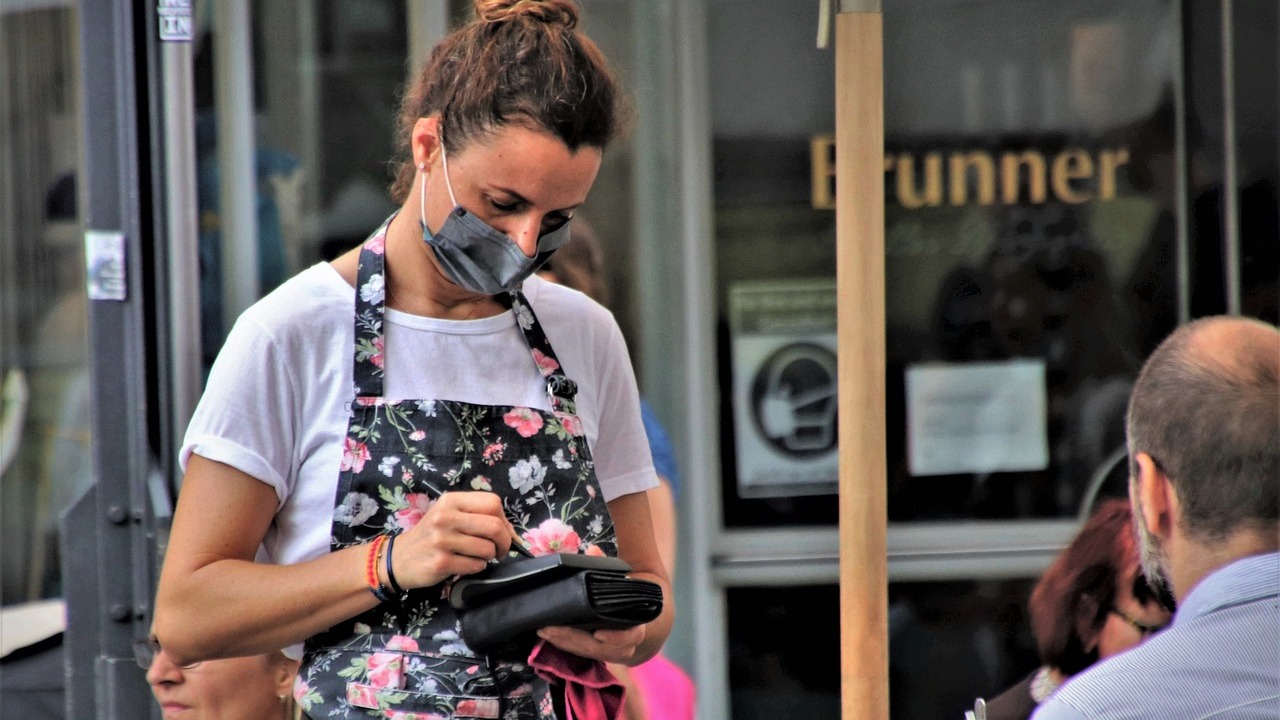
In France, service charge is included in your bill, so tipping is not obligatory as it is in the US. However, leaving small change or rounding up to the nearest euro is appreciated for good service.
8. VAT Refunds
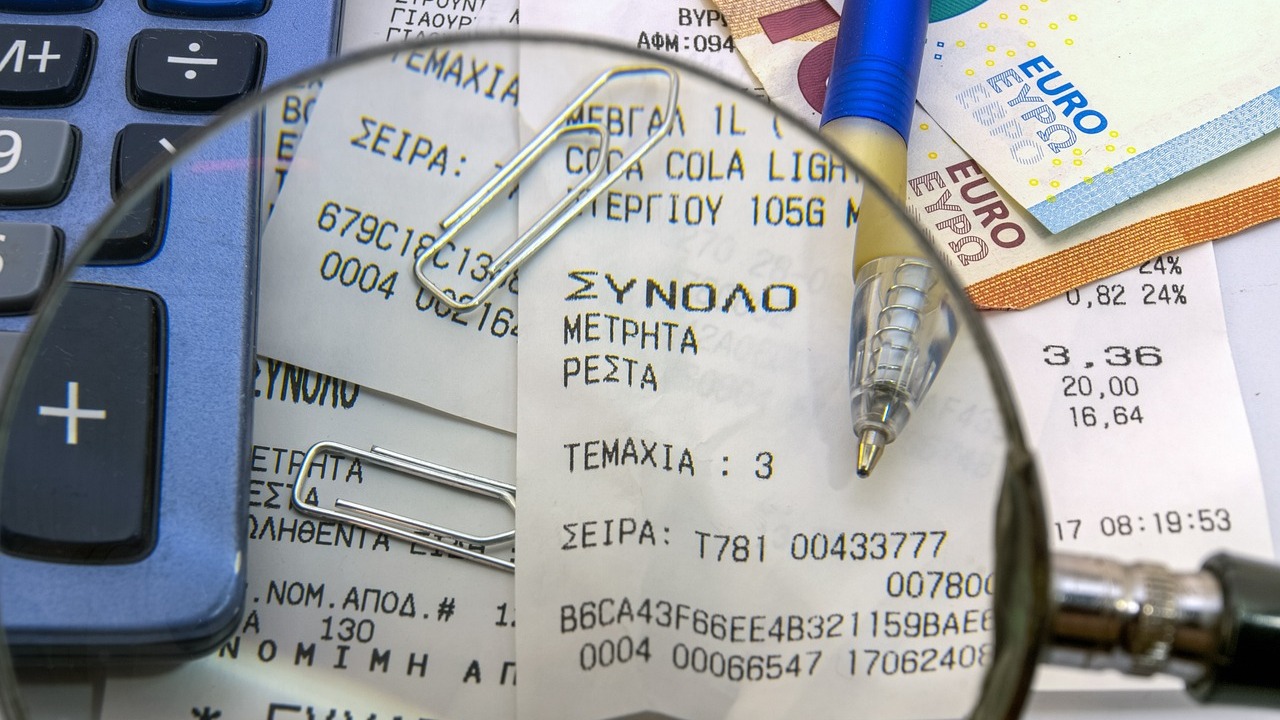
As a non-EU resident, you are eligible for a Value Added Tax (VAT) refund on purchases over a certain amount. Look for stores displaying a ‘Tax Free Shopping’ sign, keep your receipts, and claim your refund at the airport when you leave.
9. Be Aware of Scams
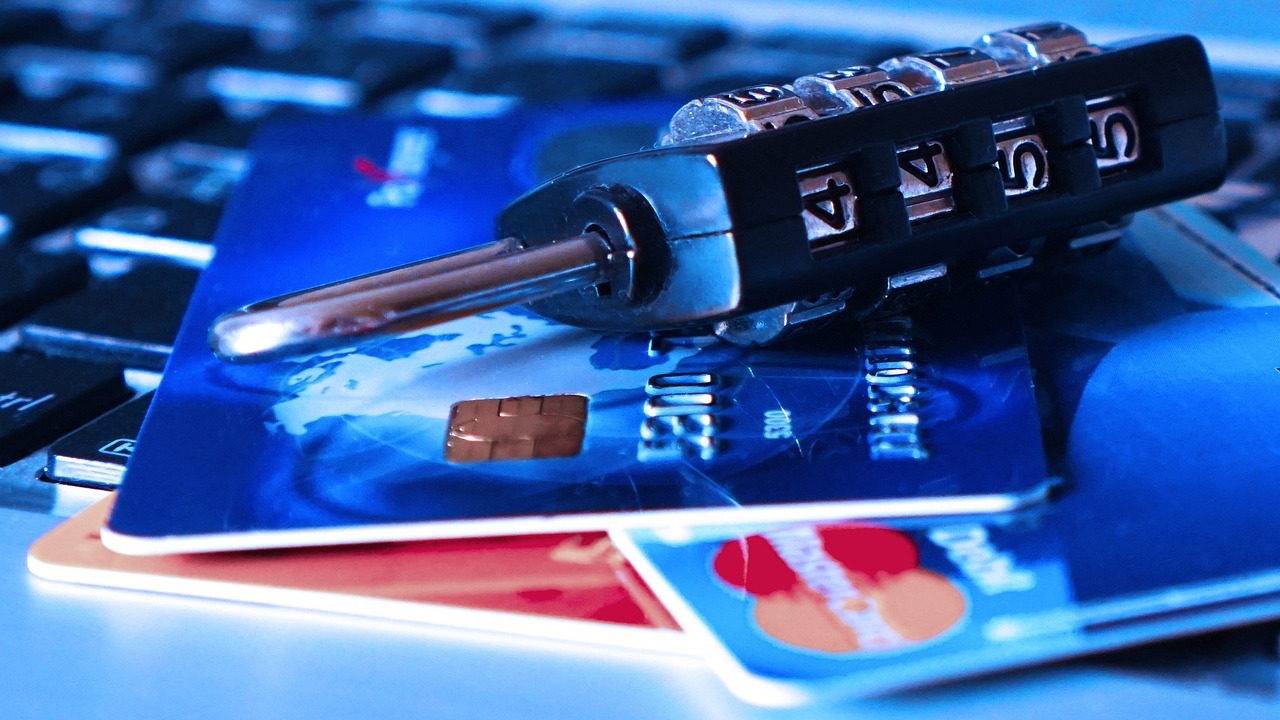
As in any major city, be cautious of scams targeting tourists. Protect your PIN when using an ATM, and be wary of anyone offering to exchange money on the street.
Handling finances while abroad can be straightforward with a bit of preparation. With these tips, you’ll be well equipped to navigate your Parisian adventure without worrying about the ins and outs of using dollars in a euro-zone country. Happy travels!
🔗 [Link to book your tour: https://vu.fr/pfNA ] 🔗
🚀 Join us on this exciting 2CV tour and fall in love with the magic of Paris! 🗼✨
#ParisTravel #AmericanInParis #ParisianAdventure #ParisOffTheBeatenPath #ExploreParis #ParisTips #CityOfLights #ParisLife #ParisianCuisine #FrenchCulture #DiscoverParis #ParisGuide #ParisHistory #ParisianStyle #ParisArt #ParisTourism #TravelToParis #ParisianLife #LoveParis #ParisExperience
